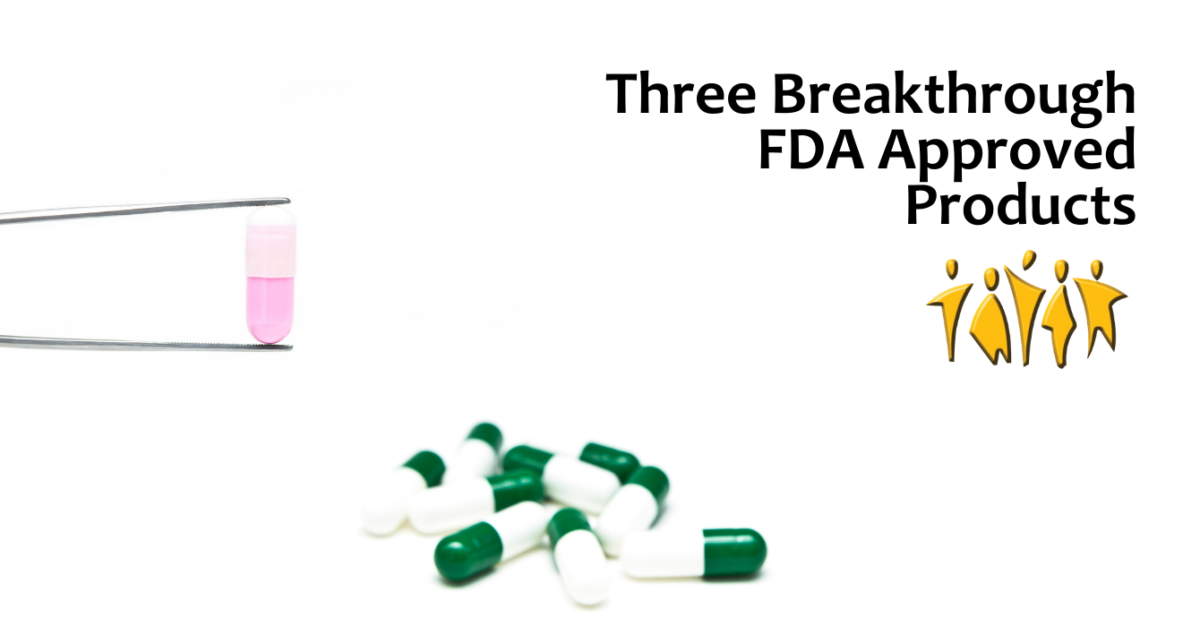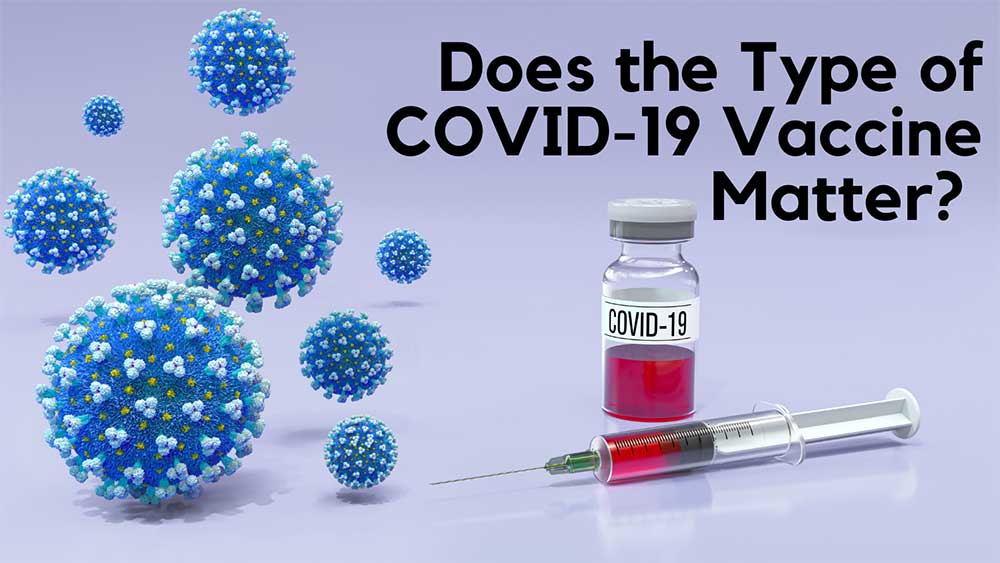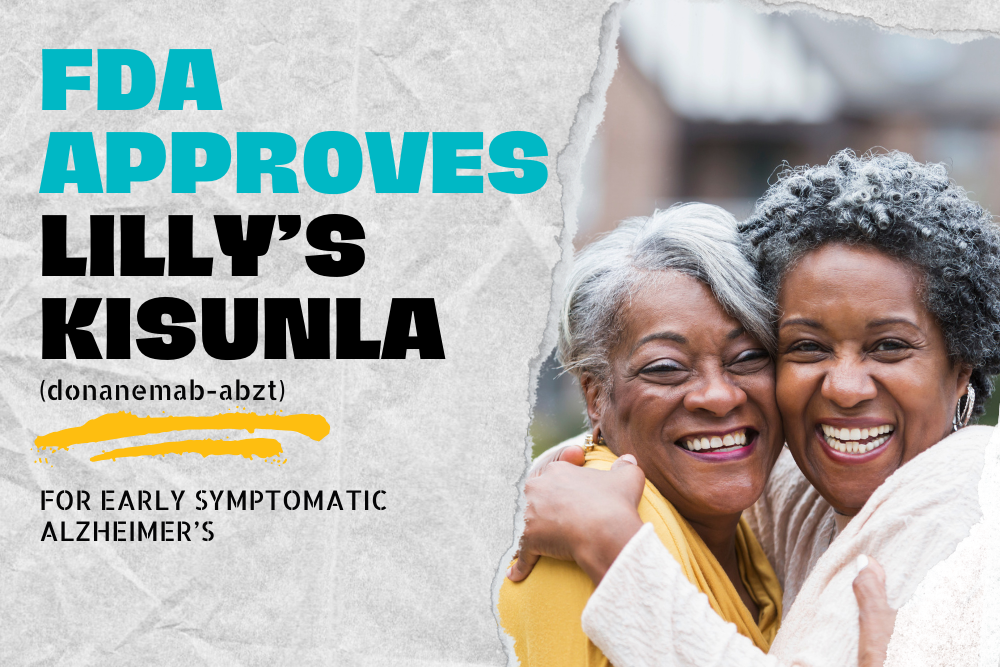-
Novo Nordisk’s Wegovy (semaglutide) for weight loss
-
Biogen’s Aduhelm (aducanumab) for Alzheimer’s Disease
-
Pfizer’s PREVNAR 20 (pneumococcal 20-valent conjugate vaccine) for the prevention of pneumonia
GRID VIEW
https://www.nejm.org/doi/full/10.1056/nejmoa2102214
Novavax vaccine – Among a subgroup of HIV-negative participants, the vaccine was 60.1% efficacy against the B.1.351 South African variant.
You may have heard that people with diabetes are at a higher risk of contracting COVID-19. This is not the case. The truth is, people with diabetes are more likely to experience severe illness, long lasting effects, or even death if they are infected with COVID-19.
What We Know about Diabetes and COVID-19
In May, a nationwide multicentre observational study called the CORONADO study, observed the mortality risk in people with diabetes who were hospitalized for COVID-19. The study population was 88% type 2 diabetics and 12% type 1 diabetics. What they found was that one in ten diabetic patients hospitalized with COVID-19 died within seven days of hospital admission. One in five died within the first 28 days.
How Can We Improve These Numbers?
- Metformin – Recent studies have shown that metformin decreased the mortality rate of diabetic patients with COVID-19. Those who took metformin had an 11% mortality rate compared to 24% with type 2 diabetes who were not taking metformin when admitted to the hospital. These studies heavily indicate a strong, positive relationship between metformin, COVID and diabetes.
- Vaccine – another way to protect those battling diabetes from COVID-19 is to consider getting the vaccine. There have been three emergency use authorized vaccines: Pfizer, Moderna, and Johnson & Johnson. Each vaccine appears to be safe and effective in adults with diabetes. Rigorous clinical trials tested these vaccines for safety in adults of all ages, races and ethnicities and chronic health conditions.
-
-
-
-
-
- How will the vaccine affect blood sugar levels?
- Receiving the vaccine can cause symptoms of illness that can increase your glucose levels. However, if carefully monitored and correctly hydrated side effects can be minimal.
- Do diabetes medications affect the vaccine?
- Currently, there is no evidence to suggest that the COVID-19 vaccine will interact with current medications. However, it may be helpful to avoid injecting insulin or placing a glucose sensor near your vaccine injection site for several days after receiving the vaccine.
- Should I get vaccinated if I have diabetes and other health conditions?
- Complications of diabetes include heart disease and kidney disease. These conditions put one at higher risk or death from COVID-19.
- Vaccination should be a priority for patients with type 2 diabetes who are at very high risk of severe COVID-19 to help protect this vulnerable population.
- How will the vaccine affect blood sugar levels?
-
-
-
-
-
The flu is a respiratory infection caused by a group of viruses. Symptoms range from mild to severe and most commonly include body aches, cough, fever, headache and sore throat. The flu is contagious, spreading through tiny droplets from a cough, sneeze or even talking. We hear about it every year in the fall and winter because the viruses tend to survive longer in those seasons.
The flu vaccine is created to protect against influenza strains A and B. Once an individual is vaccinated, the body’s immune system responds by developing antibodies that will be ready to combat future infection. It takes about two weeks after a person has been vaccinated to gain protection. It is not unusual to briefly experience mild fatigue and muscle aches soon after injection as this represents an appropriate immune response, but because the ingredients in the flu shot have been inactivated, it is not possible to get “the flu” from the vaccine.
The flu vaccine is recommended for most people over six months of age and is given every year because:
The Circulating Flu Viruses Change
Influenza viruses undergo structural antigenic change and even mutation. Each February, flu experts gather and review the data to best decide what strains are predicted to circulate in the Northern Hemisphere during the upcoming flu season. Once the top 3 or 4 strains are identified, the viruses are grown then the vaccines manufactured using varying methods to create the safest and most effective flu shot. Typically, there is at least one and usually more than one new strain coverage included each year.
Immune Protection Declines Over Time
Over time, the antibodies created in response to that year’s vaccine begin to lose their effectiveness, though some individuals who received annual flu shots over many years maintain reserve immunity capable of preventing or softening the blow of a new infection even if challenged with a novel strain. The CDC recommends a yearly flu shot around October. Another advantage to getting the flu shot is that you are less able to carry and spread the virus to others that may have an altered immune status. Due to the fact older individuals don’t mount as robust of an immune response following vaccination, it is especially important for those over 65 years old to get the vaccine annually.
The CDC estimated that in the 2018-2019 flu season there were approximately 490,600 hospitalizations and 34,200 deaths from the flu. It’s safe to say the flu is a dangerous but preventable illness. We thank all volunteers that have contributed to now FDA approved and currently enrolling flu vaccine programs. Your participation has helped to save lives. Visit our enrolling studies page for more information as we work together to further develop the best prevention for this serious disease.
Source: Centers for Disease Control and Prevention
https://pubmed.ncbi.nlm.nih.gov/9360364/
https://www.cdc.gov/flu/prevent/keyfacts.htm
https://www.sciencedaily.com/releases/2019/03/190320110619.htm
Adjuvant- Adjuvant is an element used in some vaccines that helps build a stronger immune response in patients receiving the vaccine. Essentially, it adds an extra boost to the vaccine and helps it work better.
Antibody- Antibodies is a blood protein that combines with substances the body believes to be foreign, such as bacteria, viruses and other alien substances in the blood. The antibodies work to combat these foreign substances.
Antigen- An antigen is a name given to a foreign substance in the body whose presence creates an immune response in the body. A good example of the body creating an immune response is the production of antibodies.
Placebo- A placebo is a harmless pill or vaccine that is given to patients in a clinical trial as a controlled group. When given a placebo, researchers can then determine if there is a psychological effect or physical one, compared to the actual vaccine or medication.
Titer- A titer test is a simple blood test to check for the presence of certain antibodies in the bloodstream.
Vaccination- A vaccination is a treatment using a vaccine to create an immunity to a certain disease or diseases.
Vaccine- A vaccine is a substance that is used to create the production of antibodies to produce an immunity against one or more diseases in the body. It is prepared by using an agent of a disease, its products, or a synthetic substitute to act as an antigen without actually inducing the disease.
Pathogen- In a broad sense, a pathogen is anything that can produce a disease. It is anything that can cause illness to the host.
Quadrivalent– a quadrivalent is a type of vaccine that works by creating an immune response against four different antigens, or foreign substances in the body such as viruses. A popular quadrivalent is Gardasil, which protects against 4 different strains of HPV.
Egg-Based- Egg-based vaccines are vaccines that are injected into fertilized eggs and then incubated for several days. This allows the virus to replicate and then the fluid containing the virus is harvested from the egg.
Cell-based- Cell based vaccines are created from mammalian cells lines rather than egg-based. The benefit of cell-based vaccines is the ability to mass produce vaccine supplies at a quicker rate.
Recombinant Vaccine- Instead of taking a strand of the virus, a recombinant vaccine involves inserting a DNA coding of an antigen which will stimulate an immune response from the body.
Conjugate Vaccine- This is a type of vaccine that contains a combination of weak and strong antigens. The weak antigen is paired with the strong antigen to produce a stronger immune system response from the body.
Efficacy- Efficacy is the ability for a medication or vaccine to produce the intended result.
Immunity– When you are immune to something, it means your body has a significant amount of biological defences to avoid infection, disease, or other unwanted antigen.
Inactivated Vaccine- Can also be called a killed vaccine. An inactive vaccine consists of virus particles, bacteria, or other pathogens that have been killed by heat or chemicals. The dead cells are then introduced into the body. The immune system can still learn from the inactivated virus’s antigens and learn how to fight the live version in the future.
Investigational- During a clinical trial’s investigational phase, the drug or medical procedure in question is not yet approved for general use. However, it is undergoing phases in clinical trials in hopes to become approved.
Live Vaccine- Live vaccines are a weakened form of the antigen that causes a disease. Since the vaccines are so similar to the original disease, the body forms a long-lasting immune response.
Source: CDC, National Institutes of Health, Healthline
Chikungunya (chik·un·gun·ya) virus or CHIKV is an infection spread by a two types of Aedes mosquitoes, the yellow fever and Asian tiger species. These are the same mosquitoes that transmit Dengue and Zika virus. The name “chikungunya” derives from the Tanzanian word meaning “to become contorted”, and describes the stooped appearance of sufferers with joint pain. The virus is spread when a mosquito bites (feeds on) an infected individual then passes it on to a non-infected person on a subsequent bite. The Asian tiger mosquito has gradually become the dominant species in the US and is recognized for its ability to survive colder temperatures, therefore posing risk for infection spread into Florida and southeast USA. In 2019, Chikungunya virus infections were identified in 26 US states.
Symptoms:
Most patients who become infected develop high fever and joint pains within approximately a week. The severity varies but some patients experience debilitating aches which continue for years. The pain is caused by the immune system attacking itself causing inflammation of the tissue. Other symptoms of CHIKV viruses include:
- Headache
- Rash
- Muscle pain
- Pink eye
- Bent posture
Rare complications can occur. Infants and elderly adults are at highest risk for:
- Retinitis (inflammation of the retina in the eye which can cause permanent damage)
- Myocarditis (inflammation of the heart muscle which can lead to heart failure)
- Cranial nerve injury leading to facial pain, dizziness, hearing loss, facial twitch
Prevention:
Prevention methods include:
- Mosquito repellent (DEET, picaridin, or lemon eucalyptus applied to skin; permethrin applied to clothing)
- When practical, wear long sleeves and pants when exposed to Aedes mosquitoes
- When traveling to other countries, stay in places with air conditioning, window and door screens, netting
- Isolate the infected person from mosquitoes to prevent a fresh bite which can lead to spread to the next person
Treatments:
There is currently no antiviral therapy approved for Chikungunya. Treatments are focused on helping to relieve symptoms and spread.
Due to public health concerns over the potential for disease outbreak, the FDA granted “Fast Track” status in 2018 for development of the first effective and safe vaccine to prevent virus spread. You can help improve the future of medicine by participating in clinical trials. To learn more about participating in clinical research, visit our enrolling studies page or call us today!
References:
- https://www.who.int/news-room/fact-sheets/detail/chikungunya
- https://www.cdc.gov/chikungunya/hc/clinicalevaluation.html
- http://edis.ifas.ufl.edu/in696
- https://www.mosquito.org/page/repellents
Written by: Dr. Jeff Jacqmein
As we are beginning to prepare for vaccine season here at ENCORE Research now is a great time to inform you of some of the recent advancements in the field. There are many vaccines in the pipeline (1) and with volunteers like you we look forward to helping bring them to market. I have selected four major developments to share with you that demonstrate how the field is evolving and the technology is improving.
Recently there has been major concern worldwide about the spread of Zika virus, which is especially worrisome to pregnant patients. The National Institutes of Health is using a piece of DNA with genes that code for Zika, but are not infective to create a new vaccine. When the vaccine is injected into the arm muscle, the body reads the genes and creates virus-like particles which the body then thinks is an infection and then mounts a complete and lasting immune response. However, this is not the only way DNA is being used in vaccine creation.
DNA cloning has transformed the vaccine development process to shorten the average vaccine approval time while increasing safety. Previously, vaccine approval took 10-15 years to progress from laboratory development to clinical trials. Researchers can now genetically engineer cows or rabbits with human DNA to gather more accurate information on safety, efficacy and potency of vaccines in pre-clinical trials. This is important because it results in a safer and more effective product reaching patients in clinical trials sooner.
Pertaining to vaccine efficacy is the third advancement I would like to share with you, which is development of new vaccine adjuvants. Adjuvants are added to a vaccine to help the recipient create a stronger and longer-lasting immune response. According to a recent article in Immune Network, there are six new classes of vaccine adjuvants in clinical development. These developments are critically important because although recent vaccines are safer, they tend to provoke a weaker immune response when compared to past inoculations for smallpox and polio. An example of this is many older people requiring a Herpes Zoster booster vaccine to prevent shingles.
Lastly, is the invention of Nanopatch technology. Historically, vaccines needed to be stored frozen or refrigerated until just prior to dosing. This requirement significantly limited vaccine distribution, especially in remote locations. Nanopatch technology, does not have the same temperature requirement making it more practical for helping end diseases in countries where refrigeration is not readily available. The skin vaccination patch contains thousands of vaccine-coated microprojections that penetrate the skin and deliver the vaccine into localized immune cells. This technology could revolutionize the field!
Although we have more tools than ever, clinical scientific progress would be stunted without you, our volunteers. While it may be in self-interest to enroll in a vaccine trial aimed at keeping your cancer in remission (2), it is an act of service to your fellow man to dedicate yourself to a typical vaccine clinical trial. Because of you, we helped to bring the meningitis B vaccine to market within two years of major college campus outbreaks (3). It is recognized that adults who receive successful vaccines help prevent the spread of contagious disease and ultimately protect those who cannot be immunized for health or other reasons. I regularly appreciate our volunteers when I am able to prescribe an FDA-approved vaccine to a private practice patient. It is truly rewarding to work together to help prevent disease.
Dr. Dan here; this month of June I am leaving my desk and going out in the field to work as a volunteer physician on several different islands. First, I will be travelling to the Republic of Vanuatu, located in the South Pacific. Luckily for me the last recorded case of cannibalism in Vanuatu occurred in 1969, so that should not be a problem! Unfortunately, mosquito borne diseases are still an endemic. Malaria is present on all the islands of Vanuatu, but fortunately for visitors there are medications for prevention and treatment.
Another mosquito borne disease is dengue which causes as many as 400 million infections per year worldwide. A “bone-crushingly” painful flu-like disease, dengue can be fatal in severe forms, especially among children. At present there is no approved vaccine in the United States. Thankfully just last year the first dengue fever vaccine got the green light in 3 countries: Mexico, the Philippines and Brazil.
More than 1.4 million cases of dengue were reported in Brazil alone in 2015. Sanofi saw the need and developed a vaccine with the help of the Jacksonville Center for Clinical Research. We enrolled multiple patients in this vaccine study here in Jacksonville. Many of you may remember taking part in this clinical trial.
Sanofi’s vaccine is designed to coax the body’s immune system into making antibodies against all four forms of dengue. It is a live virus comprised of an attenuated yellow fever virus (yellow fever and dengue viruses have the same genus). For the vaccine, however, the virus is genetically engineered to include genes encoding for dengue proteins. Other dengue vaccines are also in development but none have received approval.
It is not a perfect vaccine; in clinical trials it only reduced the chances of developing the disease by about 60 percent. From the U.S. perspective it remains unclear how a vaccine would be used domestically, whether it would be used in areas that have already seen dengue including Hawaii or Florida or perhaps among those traveling to dengue endemic countries. The Food and Drug Administration is currently reviewing the application for the approval of the vaccine in the United States. Until the vaccine is available I will need to wear a lot of DEET and long sleeves on my travels.
I am proud of the work done here at JCCR and I want you to know that when you volunteer for these vaccine studies, your contributions have worldwide effects. Hopefully you will consider being a part of our next vaccine study to help combat the deadly disease of meningitis. Contact our Jacksonville, St. Johns, or Westside office to learn more about the meningitis vaccine trial.










